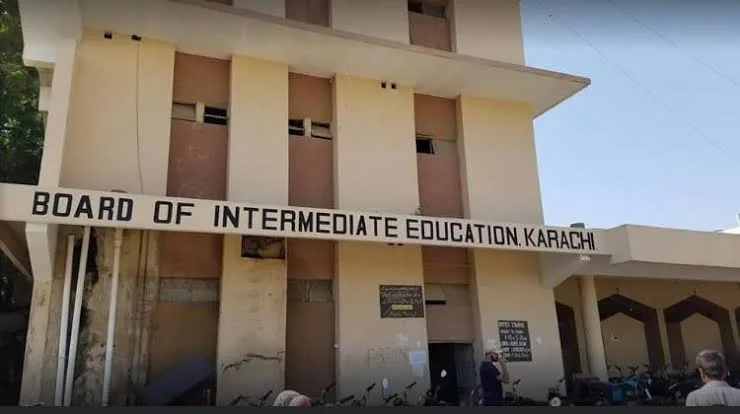
The Sindh government has announced a major overhaul of the grading system for matriculation and intermediate students, shifting from the traditional marks-based approach to a comprehensive grades-based system. The new policy, developed by the Inter-Board Coordination Committee (IBCC), will be implemented in 2025 and aims to provide a more nuanced assessment of student performance.
Under this system, students will be evaluated using grades instead of numerical marks, with the highest category being ‘Exceptional’ for scores of 95% and above, and ‘Unsatisfactory’ for those scoring 40% or below. The grading structure eliminates the concept of first, second, and third positions, redirecting attention toward a broader evaluation of abilities.
The detailed grading scale is as follows:
The transition will also see a change in terminology, as the traditional “F” for “Fail” will be replaced with “U” for “Unsatisfactory.”
This reform comes after a national decision in 2022 by educational board chairmen to adopt a 10-point grading system across the country. The new system also raises the minimum passing marks from 33 to 40.
Sindh is the first province to implement these changes.
As tensions escalate in Iran following attacks by the United States and Israel, Pakistani authorities…
Princesses Beatrice and Eugenie stand at the precipice of a tumultuous marital crisis—stemming from personal…
🚨 BREAKING: Reports indicate that Iran has launched a series of attacks targeting Saudi Arabia’s…
US administration officials acknowledged in closed-door briefings with congressional staff that there was no intelligence…
In Pakistan and Iraq, anti-American demonstrations turned violent following the US-Israeli bombing campaign in Iran,…
In a retaliatory cyber attack, Pakistan's cyber force breached Indian news channel ABP News. The…
This website uses cookies.